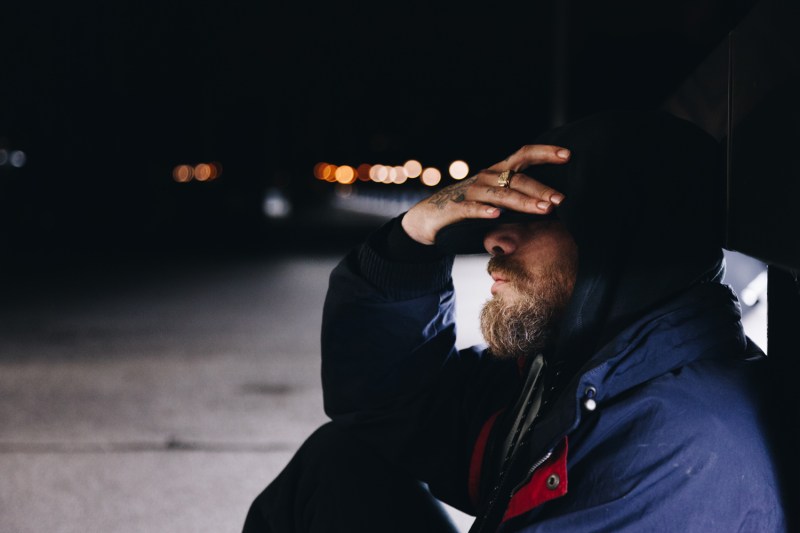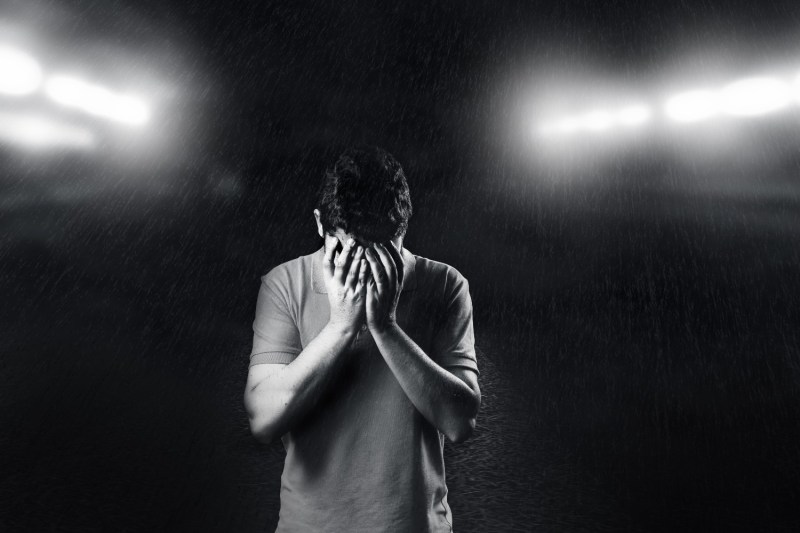Now perhaps more than ever before, we need to talk about men’s mental health. With the world facing such unprecedented challenges and turmoil, we are all on an emotional roller coaster every day. If you’re experiencing this, you’re not alone. This is precisely why it is important to have honest conversations about mental health issues: We all need to know first and foremost that they are nothing to be ashamed of and nothing to hide.
Why is this so critical? Mental health must be discussed and dealt with directly so that people who are suffering from depression, anxiety, addiction, and other maladies of the mind can find the help they need in order to live better lives.
Why Is This Important, and How Does This Affect Men?

So why is it that when it comes to the “his” there, we’re not talking and not fixing it? In 2020, men in the United States died by suicide a staggering 3.88 times more often than women, according to the American Foundation for Suicide Prevention. Why? When women are suffering from mental health issues, they seek help. Far too often, men don’t. There are many reasons for this, from not knowing what help to seek to having limited access to help to not wanting to admit issues, even to ourselves. However, according to Dr. Sherry Benton, a therapist with more than 25 years of experience working with patients, the reason many men suffer in silence is due to a culturally prescribed vision of masculinity that prevents men from seeking the help they may desperately need.
Let’s change the conversation by starting the conversation because it’s OK to talk about male mental health issues. It’s not wise for a man to blame himself, isolate himself, and risk losing himself.
We spoke to Dr. Benton — who along with her clinical work also founded TAO Connect, an online organization committed to reducing mental health issues with affordable, effective, and accessible treatment for people with limited access to therapy — about men and their well-being.
The Interview

The Manual: Why do men avoid seeking help with mental health issues?
Sherry Benton: Men tend to be socialized to hide signs of emotion or weakness. Unfortunately, common mental health problems, such as anxiety and depression, are often seen as a weakness, rather than a neurologically based disorder. Most men would not hesitate to seek help if their heart was the problem, but when the problem is centered in the brain and nervous system, they hide and feel somehow “less than.”
TM: How do mental and emotional health issues — like depression or suicidal thoughts — manifest in men?
SB: Sometimes symptoms are a little different in men [than in women]. For example, depression in men often involves irritability and anger, which are less common symptoms in women with depression.

TM: Why are male mental health issues more stigmatized than female issues, and what can our society do to break that mold?
SB: Recognize that mental health issues are just different organs with a different body system involved. Personal strength or weakness has nothing to do with whether someone has heart disease, and the same is true for mental health problems. A friend of my husband struggled with bipolar disorder and recently relapsed, ending up in the hospital. He was mortified, and he didn’t want to face his friends. My husband asked him if he’d feel the same if he was hospitalized after a heart attack, and this was a revelation for his friend. The reality is that mental health problems are not different, and it should not be considered different from other medical problems.
TM: What are the best resources for men facing emotional and mental health struggles? What are the best ways to commence dealing with these issues?
SB: Prevention is extremely important for our mental health. We all know that we need to watch our diets and exercise regularly to take care of our physical health. These activities can also help prevent mental health problems from developing. Additionally, mindfulness meditation and learning cognitive-behavioral strategies to modify our thinking are very helpful in preventing mental health issues. Online mental health tools such as TAO Connect can help men learn and practice these skills. If mental health problems do develop, seek help early. Talk with your primary care physician or find a therapist. Mental health problems are easier to treat when they have not become entrenched.

TM: Is the lack of adequate attention paid to male mental health a public health problem, a societal issue, or a combination of both?
SB: Stigma persists, regardless of gender, largely because we misunderstand mental health issues. We think mental health issues are somehow volitional, but people don’t intentionally develop mental health problems. If you noticed a close friend had a bad rash, would you hesitate to ask if they’ve seen a doctor? Probably not. We’d express empathy and concern. On the other hand, if your close friend started showing symptoms of depression, how comfortable would you feel asking about this and suggesting they see a doctor? Many people would struggle with the second scenario, fearing their friend might be offended. But why?
TM: What has contributed to the culture of toxic masculinity? What can be done to begin alleviating it?
SB: If you think about traditional socialization by gender, we give dolls and tea sets to little girls and tell them to “relate.” We give balls, bats, and toy guns to little boys and tell them to “compete.” While this is an over-generalization, and this has slightly changed over the past 40 years, some of these trends linger. To offset, boys need to be taught to relate, and girls need to be taught to compete.
The cover photo was provided by PxHere.



